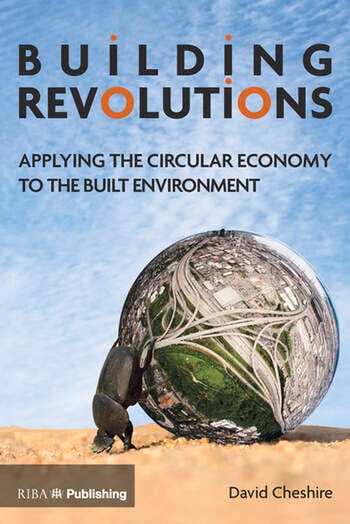Artemis
Artemis is a literary iconographic and archaeological study of the ancient Greek goddess of the hunt who presided over the transitions and mediations between the wild and the civilized youth and maturity life and death. Beginning with a study of the early origins of Artemis and her cult in the Bronze and Archaic Ages Budin explores the goddess' persona and her role in the lives of her worshippers. This volume examines her birth and childhood her place in the divine family her virginity and her associations with those places where the wilds become the cities of just men. The focus then turns to Artemis’ role in the lives of children and women particularly how she helps them navigate the transition to adulthood and perhaps too often death. Budin goes on to reconsider some of the more harrowing aspects of Artemis’ mythology such as plague and bloodshed while also examining some of her kinder oft overlooked associations. Finally the role of Artemis in the Renaissance and modern society is addressed from the on-going fascination with the breasts on the statue of Artemis of Ephesos to the Artemisian aspects of Katniss Everdeen. Written in an accessible style Artemis is a crucial resource for students not only of Greek myth religion and cult but also those seeking to understand the lives and roles of girls and women in ancient Greece as this goddess presided over their significant milestones from maiden to wife to mother.

























